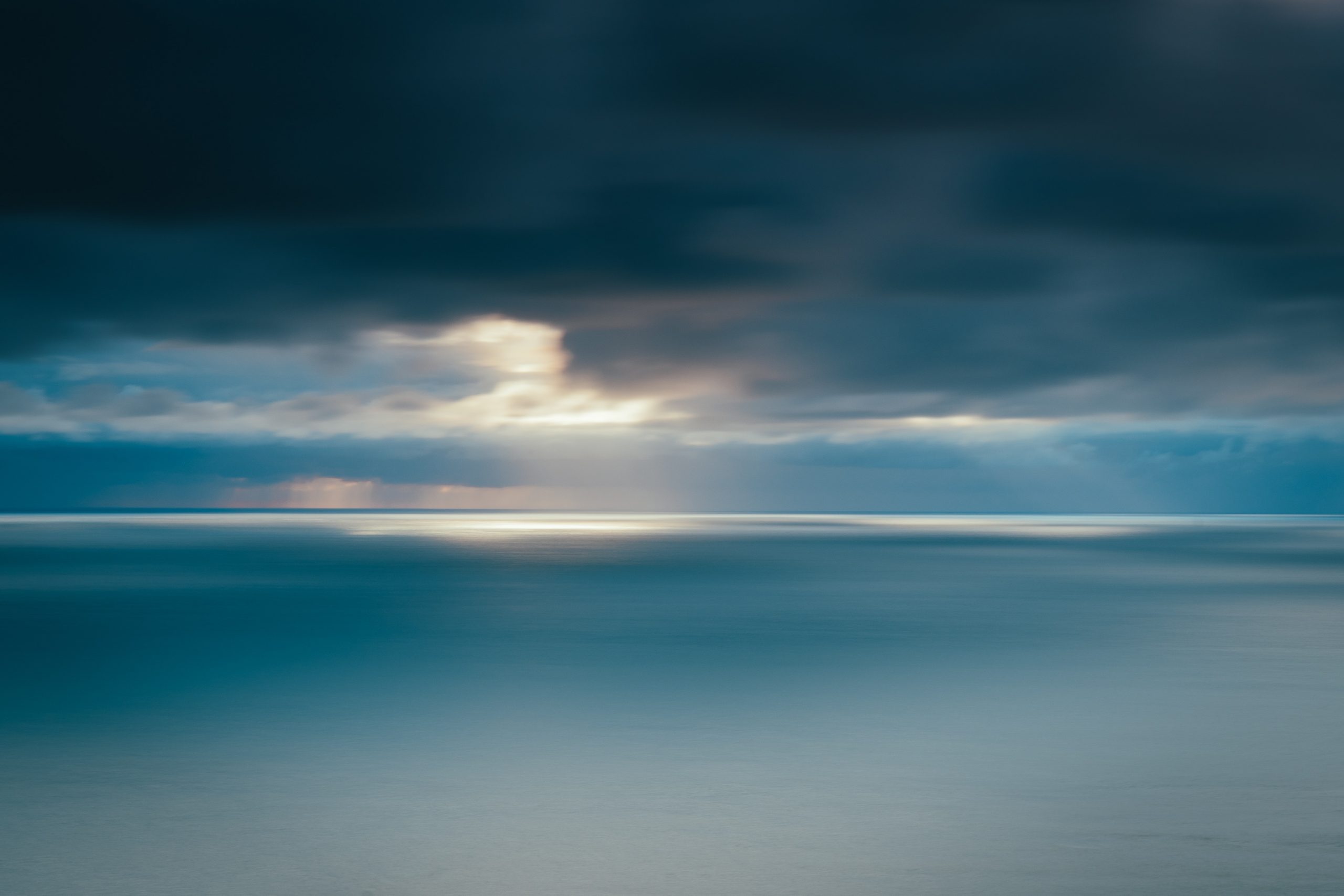Bermuda’s relative isolation could work to its benefit in the fight against coronavirus.
Unlike many other British Overseas Territories that lie to its south and are located in close proximity to other islands of the Caribbean, Cuba and Central America, Bermuda’s location in the middle of the Atlantic Ocean means its government will have a slightly easier task when it comes to monitoring its borders for illegal and unauthorised entry, at least by sea, during the coronavirus pandemic.
Among the restrictions implemented by the government under Bermuda’s Emergency Powers (Shelter in Place) Regulations 2020 in order to minimise community spread, has been a restriction on the use of boats or JetSkis for any recreational purposes during the curfew except in an emergency. It is anticipated that once community spread has been controlled, more stringent checks will be implemented at all possible entry points to reduce the chance of the virus being imported into the territory.
The government of Anguilla recently noted that while the numbers of those infected on the island remained extremely low, the biggest threat to that jurisdiction was in monitoring illegal boat landings from neighbouring islands. To counteract this possibility, Anguilla’s Immigration and Customs departments and the Royal Anguilla Police Force have stepped up the number of joint patrols to intercept the unlawful entry of boats before they arrive on the island. On March 7 Anguilla’s Executive Council had made the decision to introduce regulations under the Emergency Powers Act prohibiting the use of any boat in Anguilla’s waters, other than those specifically exempted.
Similarly, since a curfew was implemented in the Cayman Islands on March 28, all marine activity has been banned. In addition to the creation of roadblocks around the island to monitor traffic, Cayman’s police have been patrolling the beaches on ATVs and a helicopter is providing support and surveillance from the sky.




